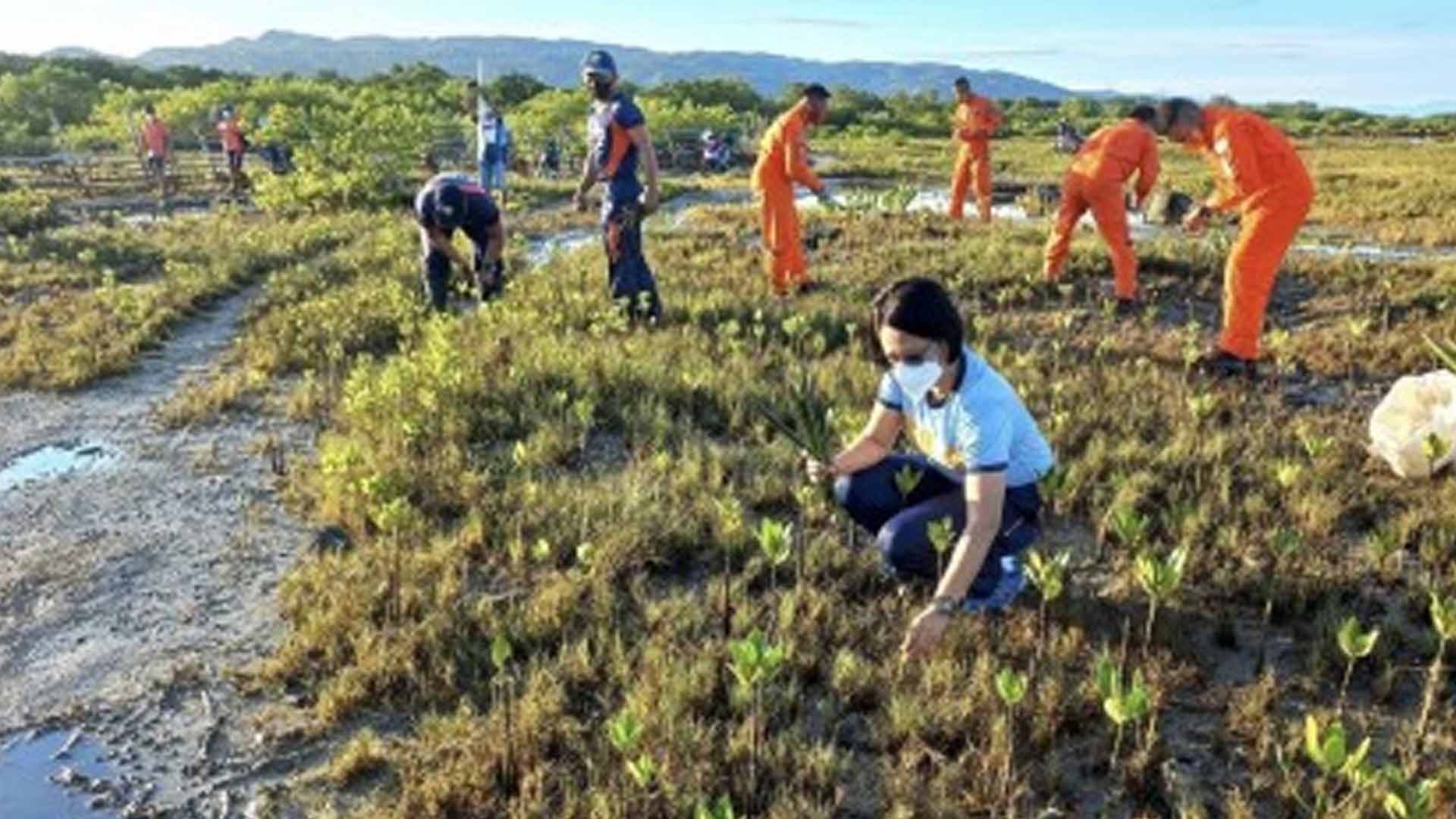The Climate Change Commission (CCC) on Thursday advised local government units (LGUs) to boost their disaster resilience by turning to nature for life-long solutions.
In a statement, Commissioner Albert Dela Cruz Sr. noted that nature-based measures could help communities stay safe by building flood walls and restoring mangrove forests, which protect against the rise of sea level, provide food for people and offer haven for plants and animals.
“Aside from mangrove regeneration, restoring vegetation around lakes and along rivers can protect shoreline communities while also helping in sustaining a recognized corridor for migrating birds,” he said.
“Many of our urban centers, like Davao City and Metro Cebu can become so-called ‘Green Cities’ by restoring surrounding forests to limit landslides and floods, and improving drainage in ways that mimic natural streams and rivers,” he added.
The CCC is active in informing the public about the global impact of climate change, cutting greenhouse gas (GHG) emissions and slowing down the pace of global warming are no longer enough to ensure protection for the communities.
Depending on the location of a community, Filipinos may experience fires or floods, droughts, hotter or colder days or increasing sea-level rise due to climate change.
In connection with this, Dela Cruz said now is the time for communities to start adapting to rising global temperatures.
“This is why we need to provide technical support to LGUs and help them build climate resilience through climate risks adaptation. Individuals can take some simple measures, for example planting or preserving trees to keep temperatures cooler and clearing bush might reduce fire hazards as well,” he said.
For businesses or offices, Dela Cruz advised entrepreneurs and employers to plan around possible climate risks, such as hotter days that prevent workers from performing outdoor tasks.
Moreover, he recommended that LGUs initiate the green transition from the utilization of sanitary landfills to the use of waste-to-energy technologies to limit their GHG and carbon emissions and support proper garbage disposal by lessening the consumption of single-use plastics. (PNA)








